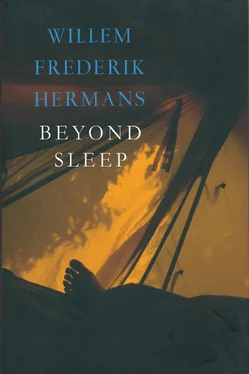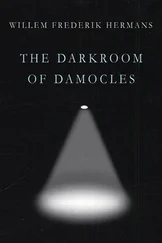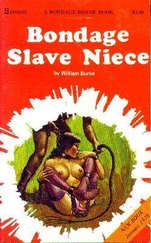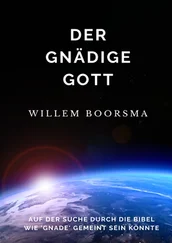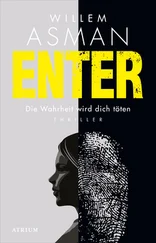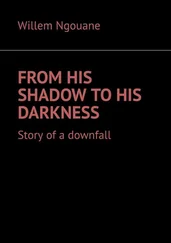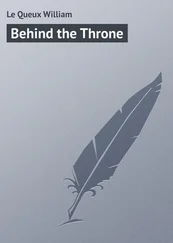‘All right,’ I say. ‘Let’s sit down.’
*
Arne sits down and so do I. Qvigstad goes over to his tent and comes back with the brandy bottle.
The three of us sit in a row.
‘The thing is,’ I say, ‘that Mikkelsen’s got the photographs, the same ones I was supposed to pick up in Oslo. Nummedal must have known Mikkelsen had them. An application was put in for them long ago. Nummedal could have replied saying he didn’t have them. Or he could have ordered extra copies. But no, he did neither. He made me go all the way to Oslo for nothing, then sent me on a wild goose chase to Trondheim.’
‘Easy now,’ Arne says. ‘Aren’t you jumping to conclusions? It’s just come back to me that you did mention this. But It’s perfectly reasonable to assume that Nummedal believed you could get them in Trondheim.’
‘Right,’ Qvigstad says. ‘Unless of course it slipped Nummedal’s mind, what with him being pretty old, and practically blind too. He’s always been a bit of a crackpot, anyway. Does he still have the deaf and dumb porter?’
‘The porter — deaf and dumb? Blind, you mean.’
‘The blind scientist with the blind porter! How about that!’
Qvigstad lays his hand on my shoulder and pours a generous shot of brandy into my plastic cup.
I take a sip, then say slowly:
‘The porter was blind.’
‘How did you know he was blind?’
‘He was disfigured and wore dark glasses …’
‘In that vestibule where the sun never shines?’
‘… and he ran his fingers over the dial of his wristwatch to tell the time.’
‘A watch for the blind,’ Arne says.
‘Braille watches,’ Qvigstad says. ‘There’s a brisk trade in them after every war. People never learn, do they? Blind! And yet none the wiser!’
He stands up and goes over to the green tent, where Mikkelsen is still poring over his stereoscope.
He returns a moment later with Mikkelsen in tow, holding the instrument in one hand and the batch of photographs in the other.
‘Of course,’ says Mikkelsen, ‘you may look at ze pictures if you like. Eet ees my pleasure.’
He deposits the stereoscope and the photographs on the ground beside me and moves away.
I lie down on my stomach the way Mikkelsen was lying a moment ago, position the stereoscope beneath my face and reach for the photographs. Did Mikkelsen leave them in the wrong order on purpose? Because they belong in pairs, with partially overlapping views. Without my asking, Arne helps me to match them up. Soon he is doing practically all the work: being so much more familiar with the terrain than I am, he can identify the pictures at a glance and show me the corresponding locations on the map without any trouble.
I look.
It is not the locations I am interested in. It is the holes. Pools or lakes that could possibly be meteor craters. Possibly?
My eyes sweep across the images systematically from left to right, top to bottom, as if they’ re using a soft paintbrush. The brush has to pick up on any holes partially encircled by a low ridge, like the imprint of a horse’s hoof in a sandy track. See for yourself: throw a ball or a stone into dry sand. The missile will make a dent and the sand from the dent will throw up a ridge.
Big meteorites fall in a similar way. The matter they consist of breaks up into fragments which become deeply embedded in the ground — but not always. Sometimes they bounce up and land a little way off with no more impact than if they had been dropped by a human hand. Those are the kind of meteoric stones people collect. Sometimes the meteor dissipates completely during an enormous explosion, due to the heat generated on impact. In such cases the only evidence of our planet having been enriched by a chip of some long-gone other planet is a hole with a circular ridge.
The photographs are ten thousand times smaller than the landscape they portray. Seen through the stereoscope they become three-dimensional. The mountains look higher than they are in reality, and the difference between plant cover and bare ground is clearly visible. Streams, rivers and lakes are recognisable by their inky blackness. Thus water is the most distinctive feature, and all the holes are filled with it. I scrutinise each hole, each lake, trying to gauge the circumference and the gradient of the sides. Lying flat on my stomach like this feels rather like lying on the floor of an aeroplane, gazing through a telescope at a world of black and grey.
Arne intones a string of names, but I am barely listening. Now and then I raise my head from the stereoscope in a show of interest in the details he points out on the map.
I can never concentrate when people start explaining things to me. My feeling is that if It’s something I really want to know I can do my own explaining. I don’t need anyone’s help. Not even Arne’s.
Dear, oh dear, how very sad. He doesn’t hold with Sibbelee’s theory. And There’s no reason why he should, considering he’s a student of Nummedal’s. I can’t expect any help from him in satisfying my only need: a meteor crater.
I have inspected all the photos. Plenty of black areas indicating pools and lakes, but they all look very similar. There is nothing in the pictures to raise my hopes of making my major discovery. I might as well call it a day.
Arne is his good-natured, obliging self, still busy sorting the photographs, pointing out discrepancies between the images and the corresponding locations on the map, and so on. I want to leap to my feet and shout: Oh just leave it! There’s no need! I’ve seen enough! I’m not going to find a single thing here that will earn me any credit whatsoever, nothing to vindicate my father’s accident! I’m going back! I’m wasting my time! I’m not cut out for this kind of monkish labour, I’m not some sort of bookkeeper in the field, I don’t want to report, I want to discover! Everything you can find here has already been found and reported on elsewhere in the world. I’m not interested in lists, I’m not an archivist like ninety-nine out of a hundred researchers! I want to find something spectacular! But There’s nothing here that hasn’t been found before!
I don’t say a word. I am putting up a front, playing for time like a schoolboy being bullied. What else can I do?
Not finding a meteor crater doesn’t mean to say that I won’t have found anything at all, even if what I do find has nothing to do with geology, or even remotely with earth science or cosmology. Not with any science at all, for that matter. This reminds me of a case described by Wittgenstein, in which the process whereby someone achieves understanding becomes subsumed into that understanding. Like saying: I understood after I’d had some black coffee. But the coffee had nothing to do with it.
Because It’s beginning to dawn on me how the world works — my world, at any rate, the world in which I have a huge task to fulfil, the world in which I must succeed.
I realise now — and it is inconceivably stupid of me not to have thought of it before — that I should have got hold of the aerial photographs before I came here. Long before. I should have had them back in Amsterdam. I should have told Sibbelee: There’s no point in going up north without seeing the aerial photographs first.
But this isn’t the most important thing I’ve realised.
Even more important is that I’m having serious doubts about Sibbelee. After all, he’s the one with experience in these matters.
I’m thirty years younger and still only a student, really, and off I went on a trip just because my mentor advised it. An ill-considered action maybe, but an excusable one. Because It’s up to Sibbelee to decide whether or not I’m a brilliant student, and whether or not I’ ll succeed in my career. I couldn’t afford to get on the wrong side of him.
Читать дальше
